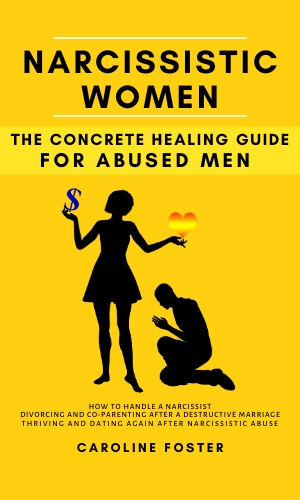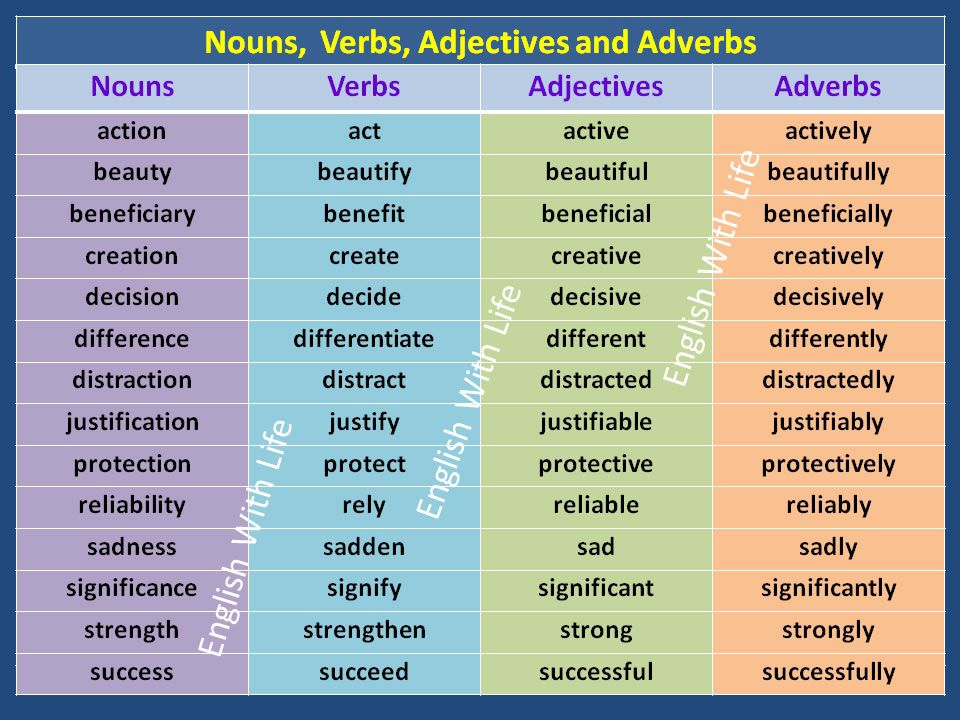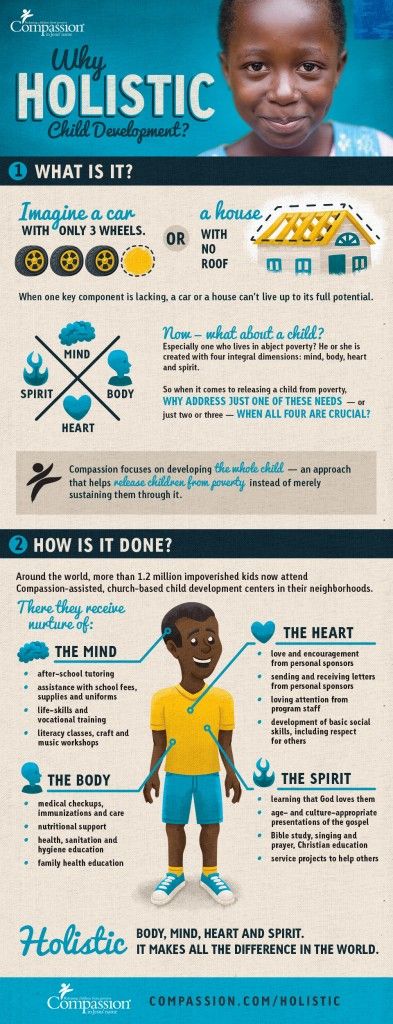How to protect my child from narcissistic grandmother
How To Protect A Child From Narcissistic Grandparents (11 Tactics Explained)
If you are the child of a narcissist, you know how abusive they can be. Narcissists don’t spare their own children from the manipulative tactics they use to control everyone in their life. They need a stable source of narcissistic supply, and grandchildren can be a rich source of that. When you’ve experienced that kind of abuse, the last thing you want is for your children to go through the same damaging manipulation you suffered as a child. How can you protect them from their narcissistic grandparents?
Begin by keeping the prospect of going no contact on the table, but if you don’t do that, there are other things you can do. Set clear, firm boundaries with those toxic grandparents. It’s also important to talk to your child, limit contact with the toxicity, and supervise the interactions.
Once I realized that my mother was a narcissist and began to understand the depth of her abuse, I vowed never to let my own children near her. As I healed and understood more about her condition, however, I began to think about how I could allow her contact with my children while still keeping them protected from her toxicity. The techniques I will describe here have worked like a charm. My mother fully understands the limits I’ve put in place, and I regularly check in with my kids to ensure she isn’t doing something behind my back. These tactics can work for you too.
Table of Contents
1. Set Clear BoundariesThe first and most important thing you have to do is set clear, firm boundaries with the toxic grandparents in question. The video below explains how to do that. Narcissists won’t respect them, so it will be necessary to be firm when you explain them.
You can begin by determining what you think are important limits that you want them to respect.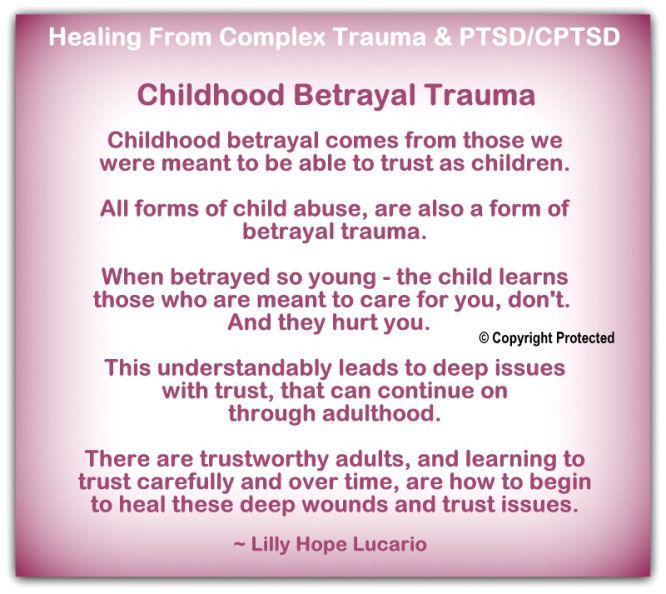 The most important boundaries I wanted to set were all about lying, triangulation, and gaslighting.
The most important boundaries I wanted to set were all about lying, triangulation, and gaslighting.
I didn’t want my children to be exposed to those particularly toxic manipulation tactics. I wrote out not only ‘the rules’ about engaging in those behaviors, but I also gave examples and insisted on monitoring their conversations.
But it’s not enough to set the boundary with the narcissist, it’s also important to teach your children how to respond when someone engages in those types of behaviors. I sat down with them and talked to them about the reasons why some people lie and that it’s okay to be skeptical when something doesn’t sound right.
I told them they can come to me with any questions they have about something their grandmother has told them. I vowed to always be honest with them, and I told them I would do my best to explain anything they didn’t understand to them.
My goal was to create a bond of trust with them so they would feel comfortable coming to me.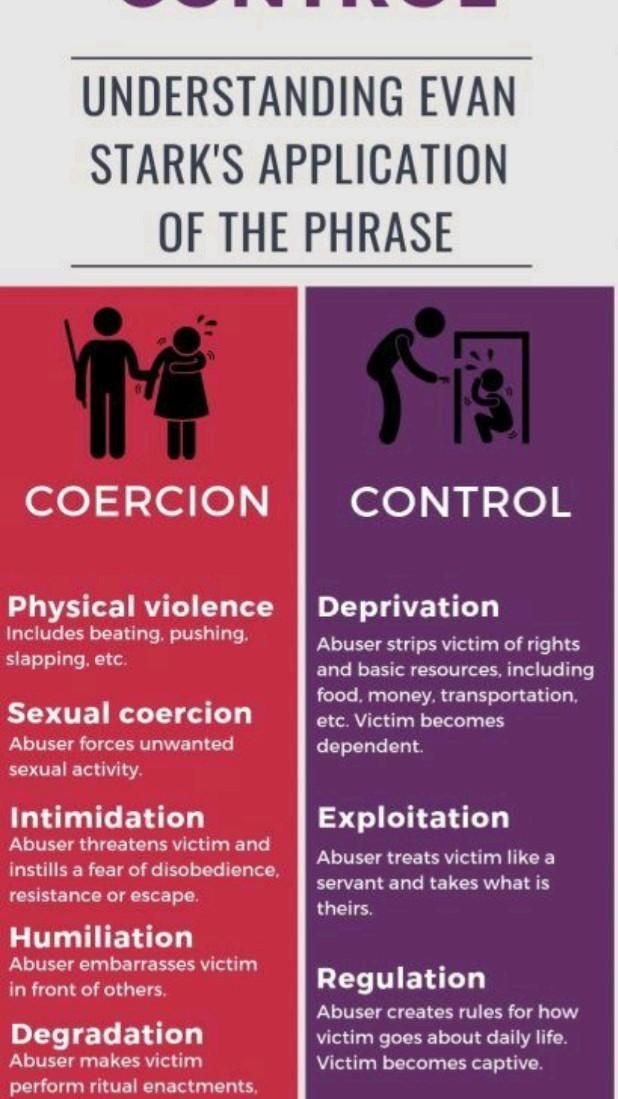 I also told them they have an absolute right to their feelings and interpretations of reality. If someone questions that, I gave them permission to politely agree to disagree.
I also told them they have an absolute right to their feelings and interpretations of reality. If someone questions that, I gave them permission to politely agree to disagree.
Lastly, I explained to them that the most important relationships they have are those they have with their siblings. I encouraged them to engage in open communication and explained why someone might try to divide them.
2. Strictly Enforce Those BoundariesSetting boundaries with a narcissistic grandparent is just the first step in the process. It’s absolutely critical that once you’ve set those boundaries, you enforce them every single time there’s a violation.
Narcissists will agree to the boundaries you’ve set, but they will test them. If you don’t enforce them, it’s like you don’t have any boundaries at all. You have to strictly enforce the consequences for violations.
I know that’s repetitive, but I can’t say it enough. Narcissists are experts at charming you when you finally do set boundaries with them. They seem to believe that when things are going well between the two of you, you’ll forget about enforcing those silly boundaries.
They seem to believe that when things are going well between the two of you, you’ll forget about enforcing those silly boundaries.
You can’t let that happen, or you’ll be right back to where you started. Setting and enforcing boundaries isn’t about controlling the narcissist’s behavior; it’s all about respecting yourself. You’re making a statement that you value yourself and will take care of yourself.
To do that, it’s critical to make sure the narcissist understands the consequences of boundary violations. One clear way to do this is to write out each boundary you want to set, and along with each one, write down the consequences for any boundary violations.
Give your child’s narcissistic grandparents a copy of the boundaries you’ve set and the consequences for crossing those lines. That way, they can’t claim they didn’t know or understand.
Every time there is a violation, do exactly what you said you would do. While narcissists will push the limit, once they know you’re firm about enforcing your boundaries, they will back off. It doesn’t mean they will never try again, but when they know you mean what you say, they will be more cautious.
It doesn’t mean they will never try again, but when they know you mean what you say, they will be more cautious.
Protecting children from narcissistic abuse is vital for their health. As pointed out in this article by the CPTSD Foundation (Complex Post-Traumatic Stress Disorder Foundation), narcissistic abuse actually causes brain damage in children.
A good way to protect your children from toxic grandparents and the damage they can do is to limit their contact with them. This can take several forms. You might limit the length of time they spend with your children, and you can also limit the frequency of visits.
I chose to limit the frequency to once a month and then only for two hours at a time. That way, I could control the visit and prepare for it too. It was important to me to sit down with my children before they were going to be around their grandparents.
I could talk to them about toxic behaviors and explain what they might see from their grandmother. I would also explain that if they feel bad about anything their grandparents say to them, they can always ask me about it.
I would also explain that if they feel bad about anything their grandparents say to them, they can always ask me about it.
I take that opportunity to also reassure them that they are loved unconditionally and that they don’t have to be afraid of challenging anything their grandmother might say or do. Of course, your children have to be old enough to understand what you’re talking about. Before that time, it will be up to you to shut down bad behavior.
As well as limiting the contact, you can also limit what conversation topics are appropriate. Let the narcissistic grandparents know what is acceptable and what is not. This way, you can avoid the inappropriate topics that many narcissists will bring up just to get a reaction out of you.
4. Supervise VisitsUntil you are confident that your children can spot toxic behavior, shut it down, or are confident that they will tell you about it, it’s a good idea to supervise their visits with their narcissistic grandparents.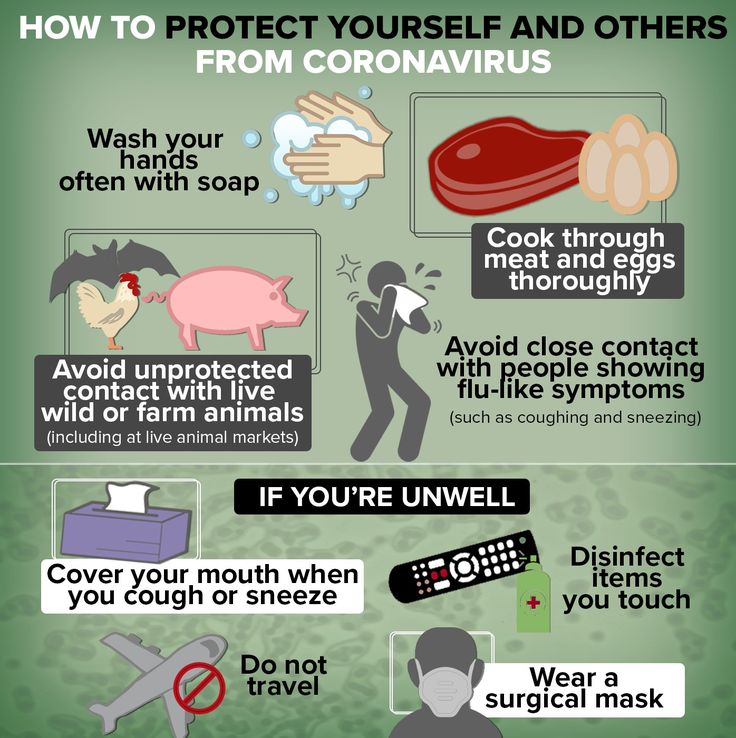
Supervising the visits sends a clear message to those narcissistic grandparents that you are serious about protecting your child. You’re willing to make sure they won’t be able to emotionally abuse them as they did you.
It also allows you to watch out for any subtle manipulation tactics that your children might not be sophisticated enough to spot. Narcissistic abuse can often be very subtle, and many young children won’t fully understand what is happening.
You don’t necessarily have to take part in the interactions unless you spot something like that, but you’ll want to be listening to what your children’s narcissistic grandparents are saying. As you already know, narcissists play the long game.
They might lay the foundation for future abuse. You’ve been through it, so you can spot that and shut it down before they get a chance to do any real damage. This is particularly vital if you have more than one child.
Narcissists love to use triangulation to create drama and drive a wedge between family members. They will tell one child one thing and the other something entirely different. By supervising the visits, you can prevent that from happening.
They will tell one child one thing and the other something entirely different. By supervising the visits, you can prevent that from happening.
This one’s a hard one because no parent wants to have to tell their child about all the ways that the people who are supposed to love them might abuse them. But it’s not only important for preventing narcissistic grandparents from hurting them, it’s critical for preventing them from being abused in other situations as well.
Talking to your child about their narcissistic grandparents helps them understand that these kinds of people exist in the world. While you hate undermining their natural trust, it’s important to prepare them for what they might encounter, not just in their own family but in the world at large.
Unfortunately, there are abusive people out there, and while you don’t want to frighten your child unduly, you do want to prepare them for encountering toxic people. Begin by reassuring your child that they are unconditionally loved and that no matter what, they have inherent value.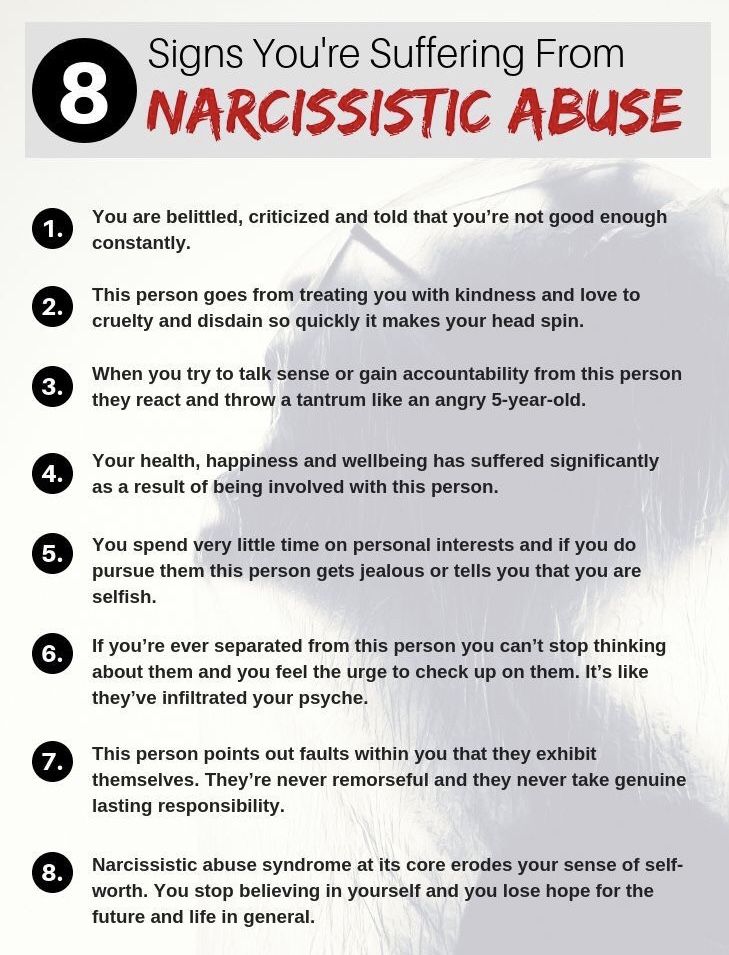
Let them know that many people in the world have a kind of mental illness that makes them very insecure, and as a result, they often take that insecurity out on other people. Talk to them about the different ways that abusive behavior can be expressed.
Then talk to them about honoring their own feelings and respecting themselves. Let them know that if something feels wrong, it probably is, and they should listen to their intuition. Remind them that their interpretations, thoughts, opinions, and emotions are valid.
Encourage them to insist on respect for what they might be experiencing and how they might be feeling. Let them know that while other people might disagree with them, their ideas and emotions are just as valid as anyone else’s.
Finally, let them know they can always come to you if they have any questions or feel something abusive is happening.
6. Encourage Open Family CommunicationAs part of what I expressed about talking with your child, you want to be sure to encourage open family communication. Psychotherapists often talk about creating a safe space for their clients to express their emotions and thoughts.
Psychotherapists often talk about creating a safe space for their clients to express their emotions and thoughts.
You want to do the same thing for your children. You want them to know that you won’t judge them for what they might say or feel. You should also let them know that you won’t allow other people in the family to disparage or bully them.
Disagreement on topics is, of course, acceptable, but it should be respectful. When you make your children feel as though they can come to you with anything, you can be certain they will express feelings they might have about possible narcissistic abuse.
You can’t be with them all the time, and even if you supervise visits with their grandparents, they may still be able to contact them without your knowledge. You have to help your children to understand the difference between acceptable behavior and abuse.
It’s kind of like that parable about giving a man a fish versus teaching him how to fish. If you teach your children about how to recognize and defuse abusive situations, you are giving them skills that will help them throughout their life.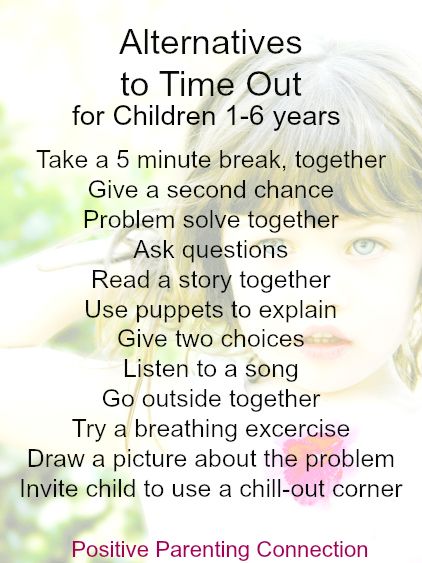
By modeling respectful, open forms of communication, you are showing them how they should expect to be treated even when you’re not around.
7. Don’t Let Them Play FavoritesNarcissistic grandparents will absolutely pick a ‘golden grandchild.’ They do this as parents too, and it’s very hurtful. Narcissists always want a golden child and a scapegoat. This might make you wonder if they even love their grandchildren at all. The answer to that is discussed in the following video.
They shower the golden child with love so that the other children will try their hardest to be better and get that kind of attention too. They will do the same with their grandchildren.
While it might seem like it’s okay for the one they choose as a favorite, it’s even more abusive than for the scapegoat child. Yes, the narcissist blames the scapegoat for anything that goes wrong, but they set the golden child up for an ultimate betrayal.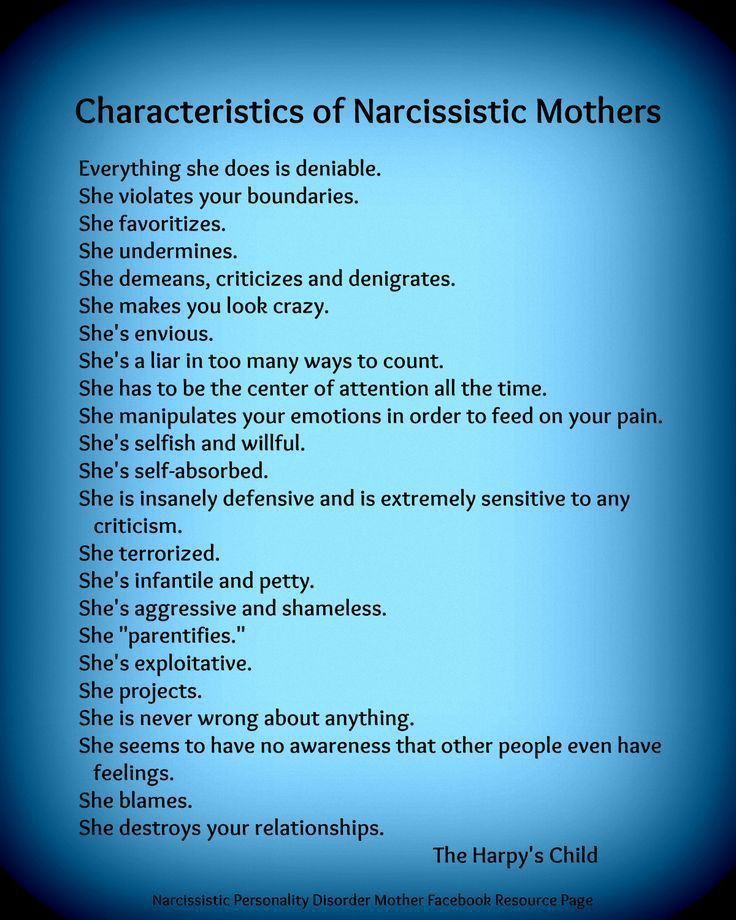
They idealize the golden child or grandchild, but that won’t last. They build up unrealistic expectations for that child, and then they coldly reject that golden grandchild or child when they can’t live up to those expectations.
It’s even more hurtful than rejecting them outright from the beginning. At least the scapegoat develops a tough skin and coping mechanisms to deal with their trauma. The golden child or grandchild never sees it coming.
If you see your narcissistic parents picking a golden grandchild, take them aside and let them know that if they don’t treat the children equally, they won’t be able to see them at all.
8. Confront Hurtful GossipNarcissistic grandparents love nothing better than to spread hurtful family gossip. Narcissists love creating drama because it makes them feel powerful. They feel as though they can better manipulate all parties involved.
When your children’s narcissistic grandparents start spreading family gossip, shut it down immediately.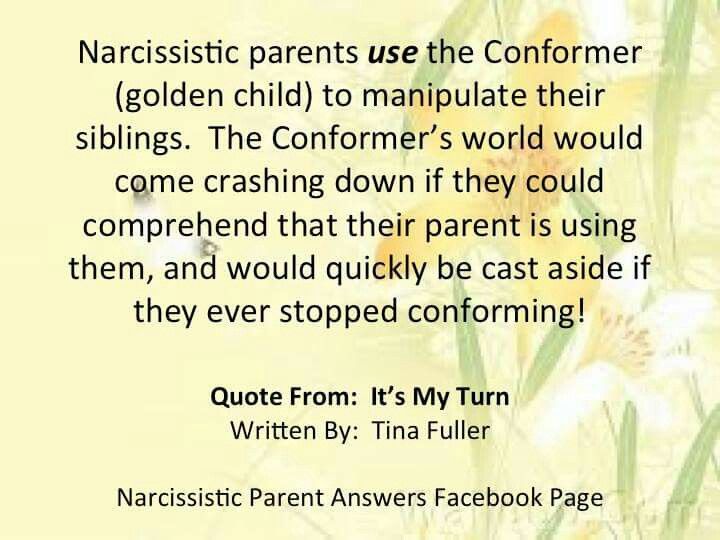 Explain to your children that no one knows what other people are going through, and it’s best not to make judgments without a full understanding of the situation.
Explain to your children that no one knows what other people are going through, and it’s best not to make judgments without a full understanding of the situation.
Let them know that they can possibly have a full understanding of the situation without speaking to the people involved. Listening to rumors isn’t a good way to get reliable information about any topic.
Encourage your children to shut down gossip as well so that even if you’re not around, they won’t listen to that kind of toxic talk. It’s also helpful to explain to them that someone who gossips about other people will also be gossiping about them behind their back.
That will help them to refuse to listen to the kind of rumors that narcissists like to spread. They’ll think twice about simply believing their grandparents when they start gossiping. Remember, you want to give your children the skills they will need to navigate a world increasingly populated by narcissists.
9. Regulate Gift-GivingOne thing that narcissistic grandparents love to do is undermine your parental authority by buying things for your kids that you told them they couldn’t have.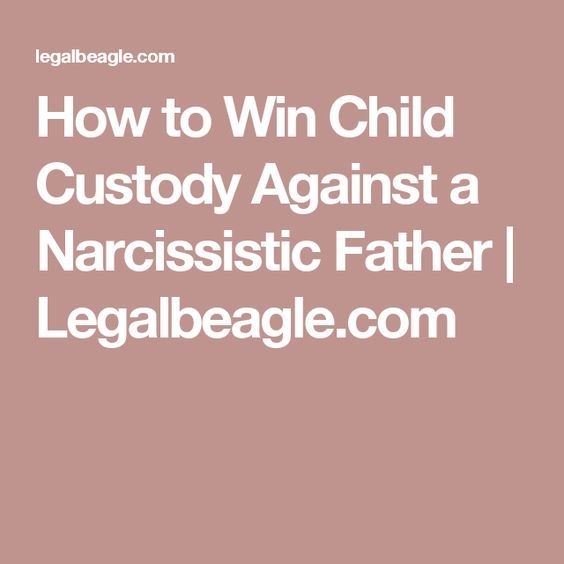 You might have done that because the item was too expensive or because you think it was inappropriate for them.
You might have done that because the item was too expensive or because you think it was inappropriate for them.
The narcissistic grandparent, however, is basically love-bombing your children when they do this kind of thing. They’re giving your kids something you wouldn’t allow, and once it’s given, it’s more difficult for you to take the gift away.
They will use this tactic to try to get the child ‘on their side.’ They will also use it to create divisions between one child and another. They will give their ‘golden grandchild’ an expensive present while giving little to the other grandchildren.
This creates resentment within your family and between you and your children. To prevent it from happening, you need to regulate their gift-giving. You can do this by insisting that they run their gift by you prior to giving it to your child so you can approve it.
It might even be a good idea to insist that they deliver all gifts to you for wrapping. Let them know you will put the appropriate tag on it, so your children will know it came from their grandparents. By doing this, you can be certain they are giving something you have approved.
By doing this, you can be certain they are giving something you have approved.
Once they get the gift into the hands of your child, it will be hurtful for you to take it away. That’s why it’s better to take the appropriate steps to ensure that you know exactly what they’re giving and that it’s something you approve of for your child.
10. Give Your Child Unconditional LoveProbably the most important thing you can do for your child is to give them unconditional love. That doesn’t mean you condone bad behavior, but it does mean that you’re always in their corner.
Let them know that no matter what kinds of emotions they might express, you’ll never stop loving them. You can also let them know that you’ll always love them regardless of their behavior. You might punish them for doing something wrong, but you won’t stop loving them.
It’s important to give this kind of relationship foundation so that they will be aware of what love feels like. That will help them recognize abuse when they experience it.
It also helps them come to you with any doubts or problems they may be having. If their narcissistic grandparents do or say something that makes them feel odd, they will be willing to come to you and discuss it.
That keeps the lines of communication open so your children can express themselves when they are concerned about something. Children often know that something feels ‘wrong,’ but they can’t quite identify why they feel that way.
That’s when they need a parent who they know loves them unconditionally, someone they know will always be on their side and who always has their best interests at heart. You want to be that parent. This will truly be the best gift you can ever give your child.
11. Keep No Contact on the TableFinally, it’s important that narcissistic grandparents know you are willing to go no contact if they don’t abide by your wishes. Whether it’s right or not, grandparents really have very few legal rights to see their grandchildren.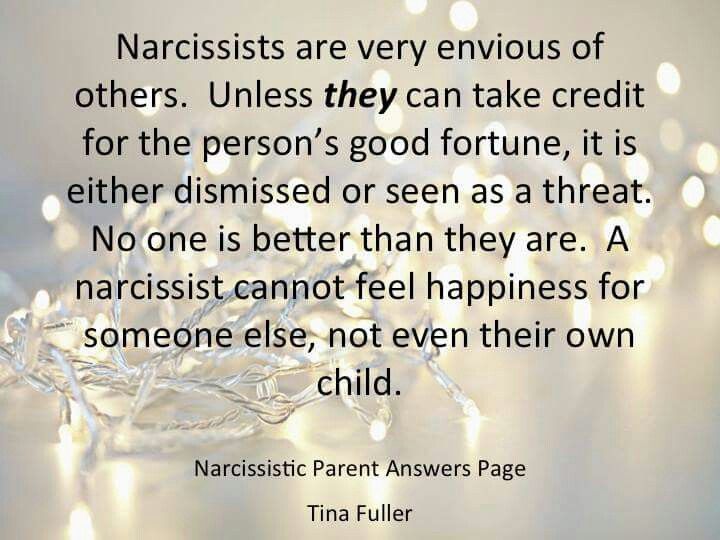
You can stop them if you feel they are hurting your child, and they really won’t have much recourse. By impressing upon your narcissistic parents that you will stop them from seeing your children, you are setting a hard boundary about what kind of behavior you will accept.
Don’t be afraid to follow through on that, either. Let them know that so that they will be motivated to adhere to your wishes if they want to see their grandchildren.
Final ThoughtsIt might be hard to understand that a narcissistic grandparent would treat even their beloved grandchildren in an abusive manner, but it’s true. Narcissistic grandparents will use every type of abusive tactic they used with you as a child on your own children. Narcissists lack empathy, and therefore, they don’t fully grasp the consequences of their actions on other people. They will lie, triangulate, gaslight, and even use your children’s own emotional wounds against them.
That’s a big part of why I’ve created this 5-Step Roadmap to Heal Emotional Triggers.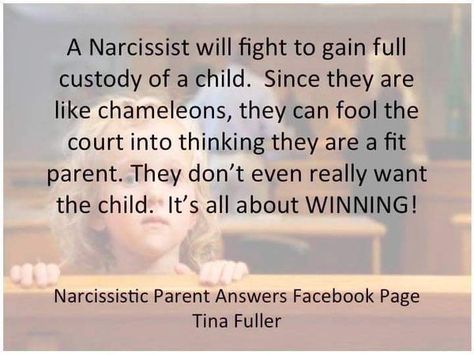 It’s a good way for both you and your children to recognize, defuse, and heal emotional triggers. Emotional wounds happen to everyone, no matter how good their parents are. It’s just part of life, but the triggers created by that wounding can be healed, and that will prevent toxic people like narcissistic grandparents from using them against their victims. To get a free copy of this handy guide, just click here. I’ll send it directly to your inbox.
It’s a good way for both you and your children to recognize, defuse, and heal emotional triggers. Emotional wounds happen to everyone, no matter how good their parents are. It’s just part of life, but the triggers created by that wounding can be healed, and that will prevent toxic people like narcissistic grandparents from using them against their victims. To get a free copy of this handy guide, just click here. I’ll send it directly to your inbox.
--
If you want more tips for dealing with narcissists, setting boundaries, and managing emotional triggers, make sure you subscribe to my youtube channelreport this ad
Should Families Keep Narcissistic Grandparents Away from Grandkids?
One of the most confusing and difficult issues many adult children of narcissistic parents face is how to navigate the relationship between our children and our parents.
Even after identifying the dysfunction in our parents and acknowledging the neglect and abuse we grew up with, we may make misguided assumptions about our parents as grandparents that can have serious consequences for ourselves and our children.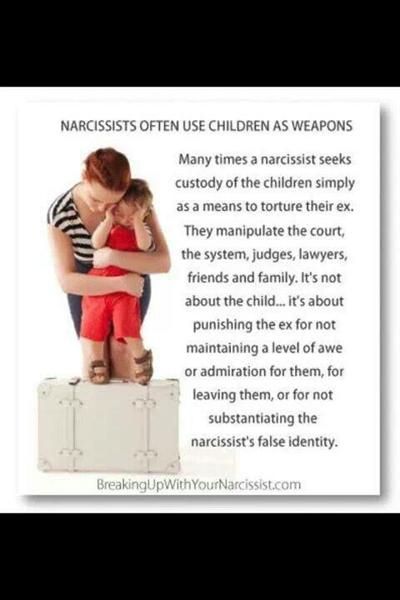
5 False Assumptions About Narcissistic Grandparents
1. My parents will be better with my child(ren) than they were with me. The idea that our narcissistic parents will care about our kids more or treat them better than they did us is a form of wishful thinking that reflects underlying self-blame for our parents’ deficiencies. It is common for adult children to continue to carry the belief, consciously or unconsciously, that we are inherently unlovable and at fault for the ways our parents harmed us. We may think that our kids will elicit the love from our parents that we could not. Every child is lovable and deserving of nurturance and protection. People who are narcissistic do not care about or honor the humanity in anyone, and that won’t change for your kids any more than it did for you.
2. My parents have probably mellowed with age. Some people mature with age, growing more self-aware, centered, accepting, and giving. This is rarely the case with the narcissistic personality.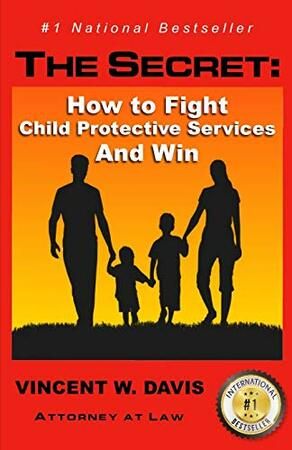 Instead, narcissists tend to react to the losses and vulnerabilities of aging by digging deeper into their willful denials and projections and stepping up their manipulation and victimhood.
Instead, narcissists tend to react to the losses and vulnerabilities of aging by digging deeper into their willful denials and projections and stepping up their manipulation and victimhood.
3. The grandparent/grandchild relationship must be preserved. Just as there are probably things our parents gave us that are worthwhile, there may be positive ways our parents can show up for our kids. But it is crucial to recognize that for narcissists, relationships are always transactional. Just as they do with you, your parents will take an interest in your kids for the status or service they offer them, end of story. And if they are doing childcare for you or helping financially, there will always be a price to pay, both for you and your kids.
4. My kids won’t be affected by the problems I have with my parents. The main work of childhood is learning how to relate to others and developing the self, and kids take their cues from their parents and other older family members.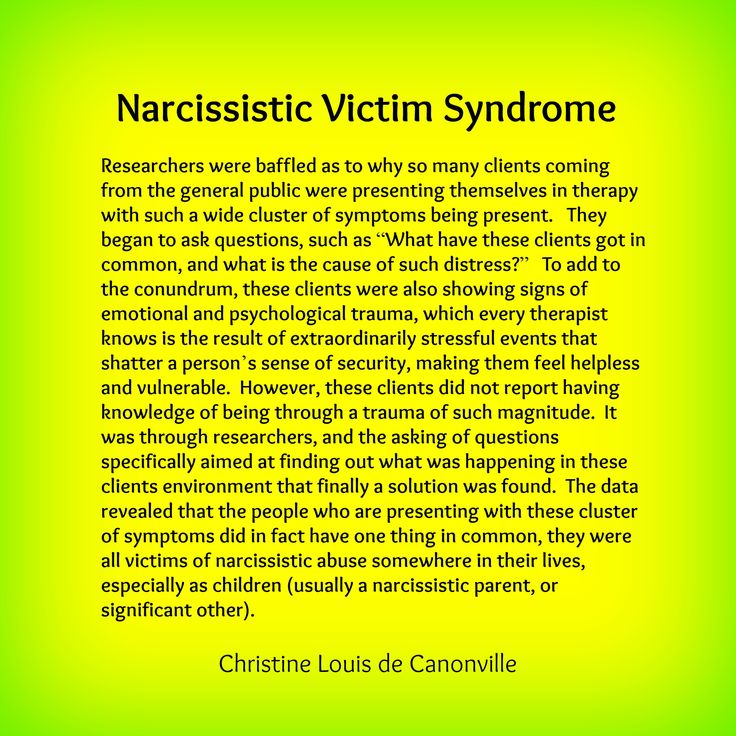 If your children spend time with their grandparents, they will internalize their attitudes and behavior as well as the roles you and your partner play in the narcissistic family hierarchy. Your children will feel the unsafe, conditional nature of “love” from their grandparents, and it will play a role in shaping their identity.
If your children spend time with their grandparents, they will internalize their attitudes and behavior as well as the roles you and your partner play in the narcissistic family hierarchy. Your children will feel the unsafe, conditional nature of “love” from their grandparents, and it will play a role in shaping their identity.
5. I can protect my kids from my parents’ narcissism. Many parents believe they can have their kids spend positive time with their narcissistic grandparents while also protecting them from potential negative effects. While we can support our children’s resilience and buffer some effects, the reality is that we can’t let in the good without the bad too. Narcissistic people are relationally antagonistic with everyone, treating others competitively, opportunistically, and without empathy, even—and often especially—children. If your narcissistic mother dismissed and pathologized your feelings, she will do the same thing to her grandchildren when they have needs or emotions that make her uncomfortable.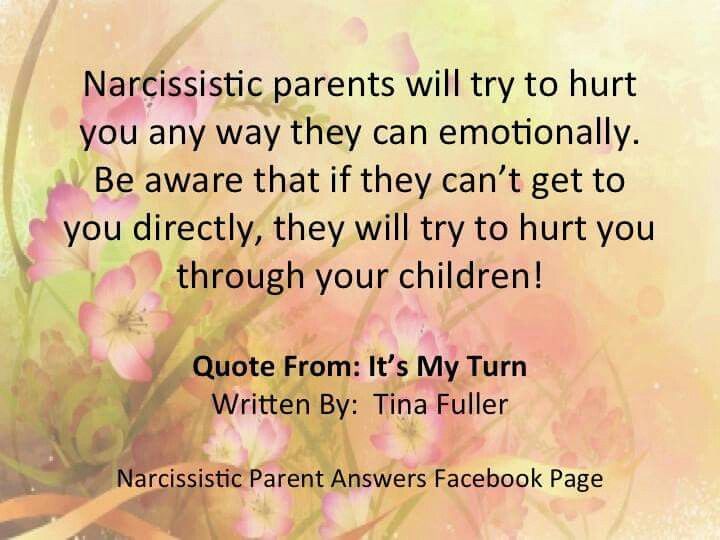 If your narcissistic father fat-shamed you, he will fat-shame your children or enlist them in fat-shaming others.
If your narcissistic father fat-shamed you, he will fat-shame your children or enlist them in fat-shaming others.
Narcissism is a generational disorder with a traumatic impact on everyone exposed to it. Passive-aggressive or brashly domineering narcissists are bullies who get energy from devaluing and exploiting others. The effect they have on those around them is a destabilizing fear response—a form of hyperarousal, which may be subtle or intense, that interrupts healthy brain development and drains the body of its resources over time in devastating ways.
Common Things Narcissistic Grandparents Do
Narcissistic grandparents do all the neglectful and abusive things narcissists of any age do, but there are some patterns more specific to the role. Whether the following behaviors are blatant or subtle, directly stated or implied, the intent is the same:
- Judge your and/or your partner’s parenting
- Ignore your family values and rules
- Control with money—gifts, dinners, vacations, memberships, etc.
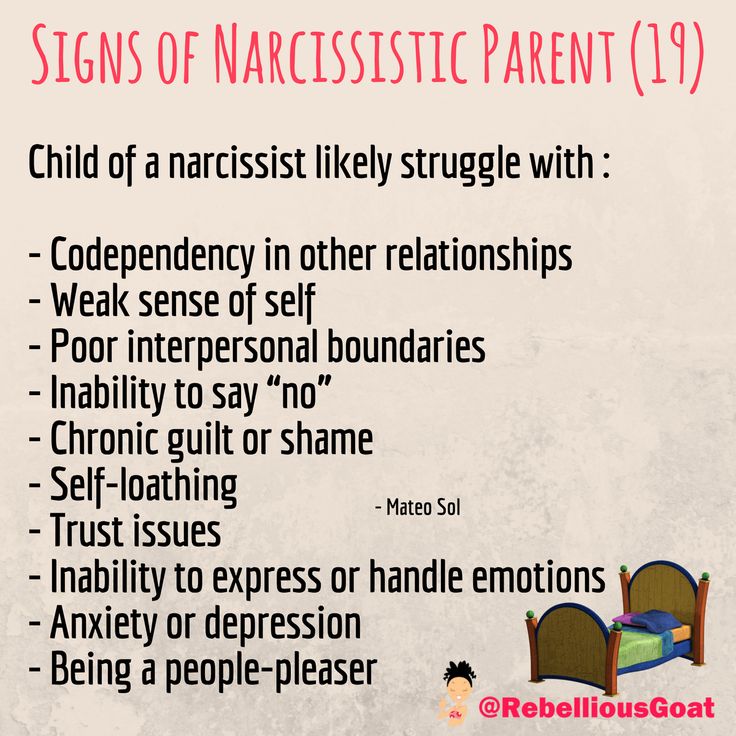
- Play favorites and scapegoats between siblings
- Play favorites and scapegoats between sibling families
- Put family members in either-or categories
- Weaponize food and gifts
- Triangulate sibling families
- Foster divisions between you and your kids
- Foster divisions between you and your partner
- Use you/your kids to show off to and/or gain sympathy from friends and acquaintances
- Control with promises and threats around inheritance
Some adult children of narcissistic parents limit or end contact to protect their children and themselves. Others find ways to structure and contain time between their children and parents that seem positive enough to justify the inevitable downsides. Either way, it is a loss for all involved. And that is the tragic reality of narcissism.
Facebook image: BearFotos/Shutterstock
5 signs indicating that it is time to protect children from their grandmother
In fairy tales, a grandmother is a warm and kind person who is a mentor for a young hero.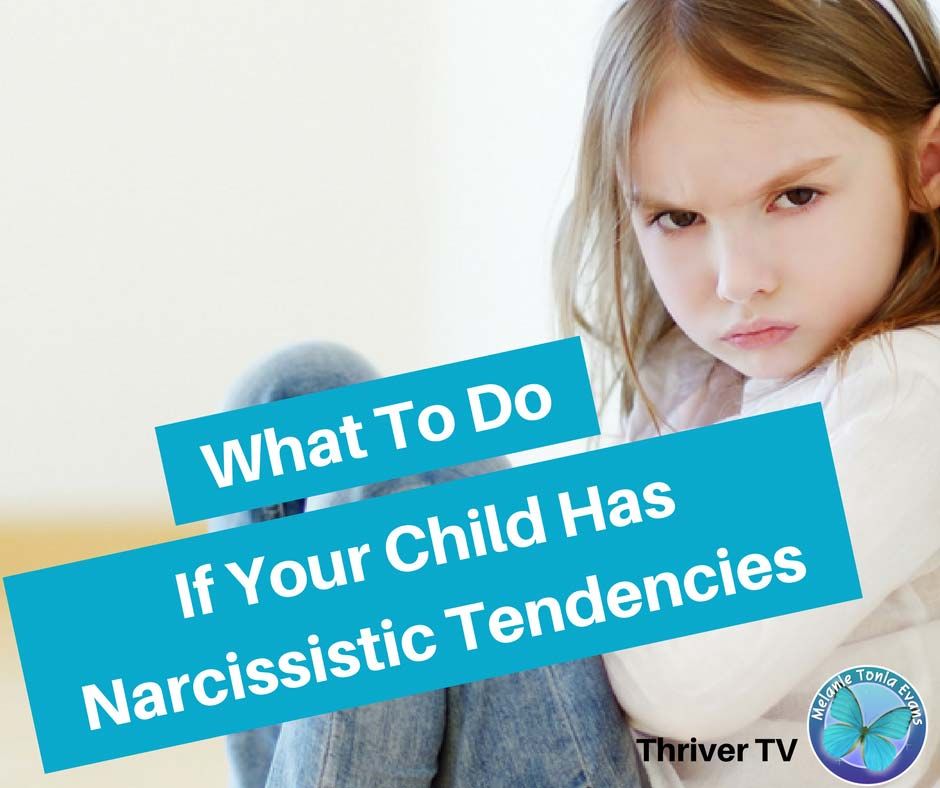 She is a gray-haired benefactor, full of wisdom and goodness, like a fairy. But what if your children's grandmother is more like a negative fairy tale character?
She is a gray-haired benefactor, full of wisdom and goodness, like a fairy. But what if your children's grandmother is more like a negative fairy tale character?
You may be dealing with "difficult" relatives who are a bad influence on your children and ruin your life. Below are five tell-tale signs of a toxic or narcissistic grandma. nine0003
1. She is not respectful
Showing respect for other people is not easy for her. Such a grandmother wants to receive respect herself. She can't stop interfering in your life and puts in her "five cents" on any issue. And all because she is sure that her opinion is the only correct one.
And this manifests itself systematically: she does not stop criticizing, belittling and humiliating other people. And no matter how hard you try, she will never be satisfied. The narcissistic grandma always finds a reason to point out that you are bad. nine0003
How does this affect grandchildren, you ask? The older they are, the better everyone understands. They may get the idea that humiliating and insulting people is okay.
They may get the idea that humiliating and insulting people is okay.
2. She undermines your authority as parents
Grandmother thinks she knows better how to raise her grandchildren, because she raised you. She sincerely believes that she is the ideal mother. Or maybe it’s different: deep down, the grandmother realizes that she raised you wrong, and now she wants to get a “second chance” with her grandson. nine0003
Whatever the case, she will not follow your instructions. Such a grandmother will mock your parental choice and imply that the child behaves better when she is with her.
If you tell her: “Don't give a cookie to a child before meals,” she will try to furtively give him a cookie. Tell her about it, and she will be surprised and even offended, because the grandmother simply "forgot" about the ban.
Result? A child who now thinks that it is normal (to eat sweets before meals, because grandmother allows it) will not obey parental rules. nine0003
3.
 She plays with her chosen grandchildren
She plays with her chosen grandchildren In this case, one or more children are considered “worthy” while others are not. This can be expressed in many ways, but more often manifests itself in verbal comparison of grandchildren, unfair judgments, and choosing the “winner” in the family based on some superficial characteristic.
From a psychological point of view, this is a form of emotional abuse. This behavior can seriously undermine a child's self-esteem. If you have a grandmother who allows this behavior with your child(ren), put an end to it as soon as possible. nine0003
4. She tells your children inappropriate or harmful things
Such a grandmother usually manipulates her grandchildren to do what she wants or to do what she needs. For example, she says, "Grandma will be sad if you don't come to visit me tomorrow."
Worse, she may tell the children things that undermine their self-esteem. Like her own children, her grandchildren are an extension of her, so she does her best to raise a "human" out of them. nine0003
nine0003
The grandmother “helps” the child to become better. In fact, these are the merciless niggles that you and your husband are so familiar with. This can lead to confusion, anxiety, depression, psychosomatic illness and other serious problems in the child.
5. She is a come-and-go grandmother
Grandparents may be absent for obvious reasons or come and go as the case may be. But when dealing with a difficult mother, her controlling and narcissistic tendencies (which put her at odds with people in general), this is the reason why she periodically disappears from the lives of her grandchildren. nine0003
Even the slightest insult will be perceived by her as a slap in the face, and from that moment on, you and your entire family will turn into enemies for her. This also applies to grandchildren. She can easily erase you and your children from her life or blame you for anything. Such a sudden separation from a grandmother can be confusing and painful for children. They didn't do anything wrong, but Grandma seems to have abandoned them. Obviously, this is harmful to the child's psyche.
They didn't do anything wrong, but Grandma seems to have abandoned them. Obviously, this is harmful to the child's psyche.
Is it worth cutting off contact with a narcissistic grandmother? nine0007
Some of her actions will affect your children directly (favoritism), some indirectly (disrespect for parents). But inevitably it will harm them. Such behavior and manner of communication of the grandmother hurt people close to her.
One or two violations are not grounds for breaking all contacts. In fact, it's normal for grandparents to show an inclination to interfere or want to remake their grandchildren. It usually happens out of love. However, it is a completely different story when such behavior is systematic. nine0003
In the end, you have to ask the question: “How much longer do we have to put up with all this so that our children have a grandmother?”
The answer is this. Most people believe that family ties are important, even those that do not benefit the child. In addition, it is not easy to stop communicating with your mother-in-law (or mother). Thus, you need to try all possible options before completely shielding the children from the grandmother. But if all else fails, let go of the toxic relative. Don't let anyone make you feel guilty about this. Parents have an obligation to protect their children from any harm that comes to them, even from the person who theoretically should love and care for them. nine0003
In addition, it is not easy to stop communicating with your mother-in-law (or mother). Thus, you need to try all possible options before completely shielding the children from the grandmother. But if all else fails, let go of the toxic relative. Don't let anyone make you feel guilty about this. Parents have an obligation to protect their children from any harm that comes to them, even from the person who theoretically should love and care for them. nine0003
6 parental mistakes that cause anxiety in children
Children worry a lot. The number of children experiencing anxiety has been steadily increasing in recent decades. Parents can help a child cope with stress, or they can make the situation worse. And sometimes even the best intentions of adults affect the psyche of the child in the opposite way. Karen Baines wrote for The Washington Post about the good intentions of parents that lead to the development of anxiety in children.
1. Too much care
When your child comes home from school full of stories of narcissistic girls, aggressive kids and impatient teachers, you worry about him and show it. And if it’s completely normal to worry, then it’s probably not worth showing. Children absorb your emotions and begin to experience even more because of what you are experiencing. They need their parents to be strong, but instead they see that reacting to problems with excitement is normal. As difficult as it may seem, you must keep your anxiety under control while you deal with your child's problems. A parent should be a support, a person who listens, understands and, if necessary, helps with advice. nine0003
And if it’s completely normal to worry, then it’s probably not worth showing. Children absorb your emotions and begin to experience even more because of what you are experiencing. They need their parents to be strong, but instead they see that reacting to problems with excitement is normal. As difficult as it may seem, you must keep your anxiety under control while you deal with your child's problems. A parent should be a support, a person who listens, understands and, if necessary, helps with advice. nine0003
2. Too much protection
Every parent wants to stand up for their child, but sometimes a noble desire to protect can increase anxiety levels. If children share their school problems with you, then your first and logical desire is to go and figure everything out. This gives the child two signals. First, he cannot share anything in secret with you. Secondly, you do not believe that he can solve his own problems. Make sure your child knows that you will only protect him with his full consent.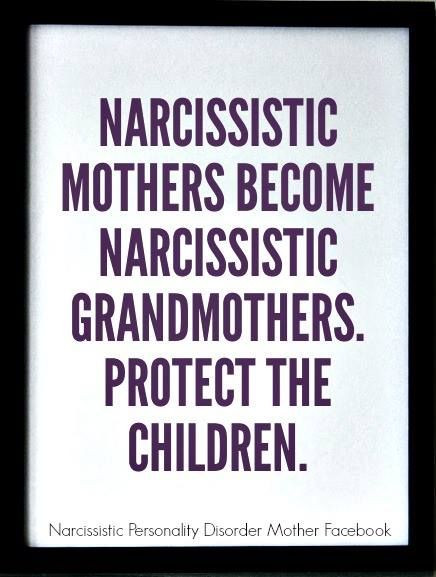 Your main task is to help the child find a solution to the problem that he can successfully bring to life. nine0003
Your main task is to help the child find a solution to the problem that he can successfully bring to life. nine0003
3. Compensation for Weaknesses
A parent always wants to help a child cope with tasks that he does not succeed in. One bad grade in math - you hire a tutor. One incident with a school bully - give the tutorial "How to survive in school." This is a normal response to problems. However, you inadvertently focus your child's attention on the negative.
Most people gain self-confidence not by compensating for a person's weaknesses, but by focusing on their strengths. Truly happy people have learned to do what they are good at and not worry about failure. nine0003
Children can't always avoid their weaknesses, but focusing on their strengths will help them grow up to be confident people
together with him what he really succeeds. This will help him regain confidence in himself and his abilities.
4. Too much focus on strengths
Yes, we just said that you need to focus on strength (and this is true), and now we take it out as another point.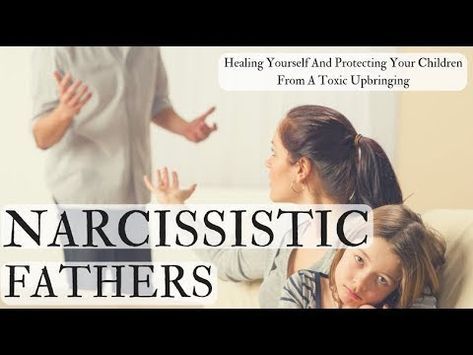 The parent must catch the line, after which his expectations become too high. When you constantly tell people that your son is the best student in the class and your daughter will become an Olympic gymnast, it seems to you that in this way you are helping them achieve their goals. But, in truth, your words very soon turn into serious pressure. Praise your children when they do something, but don't expect more from them because of that success. High expectations can create an unsettling environment where there has recently been joy and self-satisfaction. nine0003
The parent must catch the line, after which his expectations become too high. When you constantly tell people that your son is the best student in the class and your daughter will become an Olympic gymnast, it seems to you that in this way you are helping them achieve their goals. But, in truth, your words very soon turn into serious pressure. Praise your children when they do something, but don't expect more from them because of that success. High expectations can create an unsettling environment where there has recently been joy and self-satisfaction. nine0003
5. High moral values
You probably try very hard to raise your child as a high moral person. However, values are often called into question, especially in adolescence, and severely punishing a child for the slightest deviation from your norm is not always the right way out. Children obsess over your rules. More than once, teenagers have committed suicide for reasons that should never have led to the loss of life.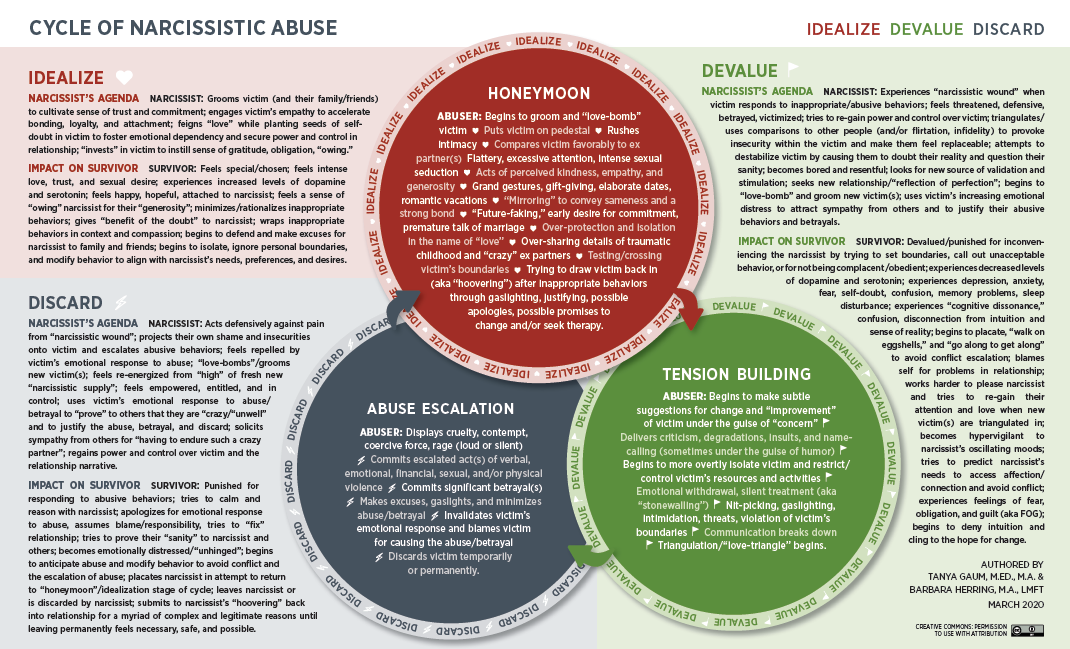 Sometimes kids make bad decisions, from posting nude photos online to watching pornography, and the thought of a family member finding out about their act feels like a punishment worse than death. Let your children know that, despite the importance of moral values, you understand the realities of today and the temptations that children face. Do not create an environment in which your child is afraid to come to you and say that he was wrong, or in which he is generally afraid of making mistakes because he knows that you will judge him or his friends. nine0003
Sometimes kids make bad decisions, from posting nude photos online to watching pornography, and the thought of a family member finding out about their act feels like a punishment worse than death. Let your children know that, despite the importance of moral values, you understand the realities of today and the temptations that children face. Do not create an environment in which your child is afraid to come to you and say that he was wrong, or in which he is generally afraid of making mistakes because he knows that you will judge him or his friends. nine0003
6. Silencing their problems
Parents want to protect their child from worries without disturbing him with their problems. If you are tightening your belts because of financial problems or are fighting with your spouse, you think it would be better for the child not to know about what is happening. But they know. Children are very receptive. They may not know the whole story, but a little bit, a feeling, is enough for them to stir up excitement.